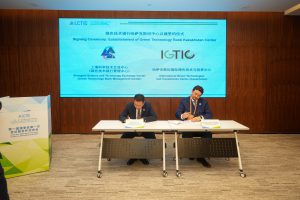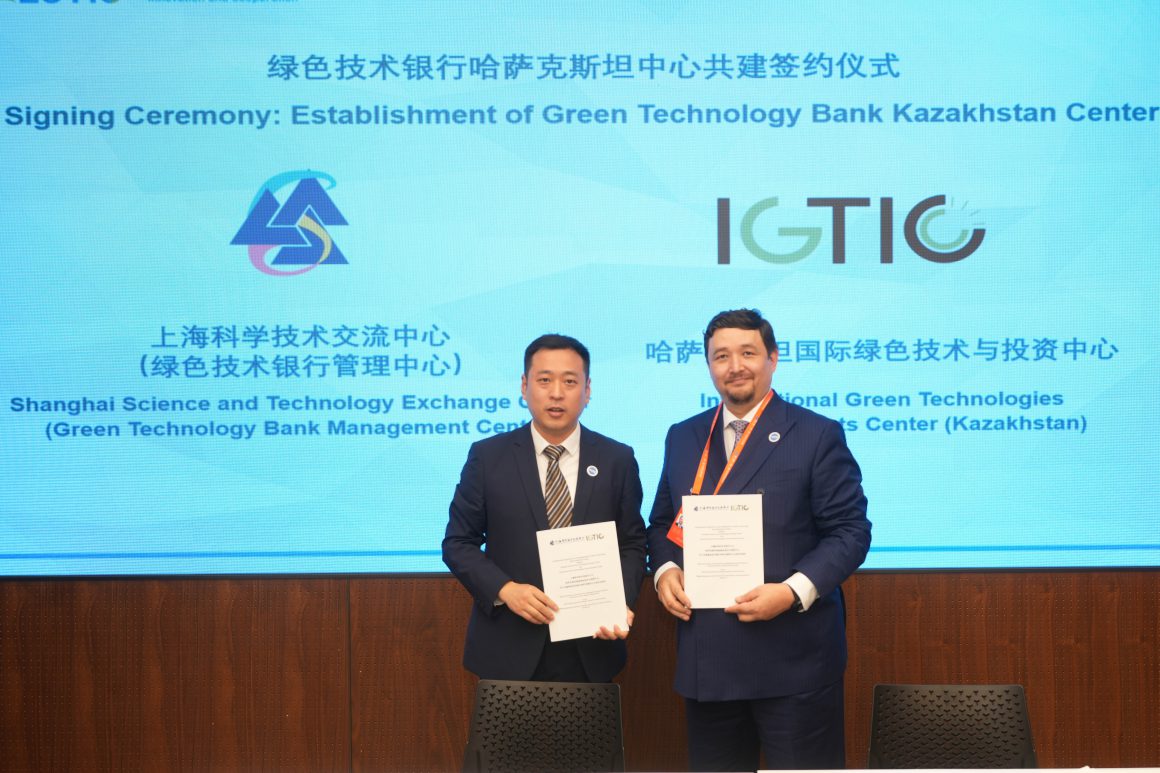The International Center for Green Technologies and Investment Projects (IGTIPC) and the Shanghai Science and Technology Exchange Center have signed a strategic cooperation agreement that grants Kazakhstan direct access to one of Asia’s largest platforms for green technologies — the Green Technology Bank.
The agreement marks a significant step in strengthening scientific and technological dialogue between Kazakhstan and China and opens broad prospects for the accelerated introduction of advanced environmental solutions into the country’s economy. Kazakhstani enterprises, research centers, and startups will now be able to utilize technologies from China’s database, including innovations in renewable energy, water resources, waste processing, agroecology, and other areas.
Under the agreement, the Shanghai Science and Technology Exchange Center has committed to providing the Kazakhstani side with access to the Green Technology Bank’s technology database and expert network. In addition, the parties plan to annually organize joint events with the participation of Kazakhstani companies — including roadshows, forums, and business missions — with the potential for financial support from the Chinese side. Another key focus will be the systematic assessment and support of twenty priority green projects in Kazakhstan: experts will be involved in developing work plans and offering recommendations for adapting technologies to local market conditions and requirements.
Acting Chairman of the Board of IGTIPC, Saken Kalkamanov, emphasized the strategic importance of the signed agreement:
“Kazakhstan is gaining direct access to the experience and solutions of one of the global leaders in green technologies. This provides a solid foundation for the rapid implementation of environmental innovations, attracting investment, and developing technological partnerships. We see this as a strategic tool for advancing a sustainable future for our country.”
Both sides expressed confidence that the signed agreement will not only enhance bilateral cooperation within global initiatives such as the Belt and Road Initiative but also serve as a practical mechanism for Kazakhstan’s integration into the international green agenda — through knowledge exchange, opening new markets, and launching joint projects.



